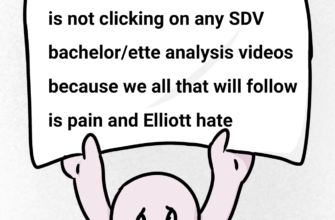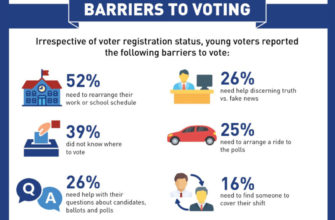In an ideological film titled “Snowden,” Director Oliver Stone presents the character of Edward Snowden, played by Joseph Gordon-Levitt, as a normal, yet troubled hero.
Stone is a three-time Oscar winning director known for controversial films condemning the government, so his critical portrayal of the events throughout the movie did not come as a surprise.
“For evidence of Stone’s constantly changing priorities, one can look to his last few films — ‘World Trade Center,’ ‘W.,’ ‘Wall Street: Money Never Sleeps’ — to truly get a sense of a director driven both by passion and finance, and by a love for his country that is also pained by its failings,” said the Playlist Staff.
Prior to the movie viewing, I was unable to make an initial impression of Edward Snowden because I possessed very little knowledge about him or his actions. My general knowledge included that Edward Snowden was an employee of the NSA. When Snowden found materials from the NSA that he found disturbing, he decided to leak the information on WikiLeaks, making him a wanted criminal, now hiding in Russia. My initial knowledge provided a basic summary and expectation of this movie. Nonetheless, as an audience member, I was lured into the ideology of Snowden’s heroic character. I empathized with Snowden’s ambitions and concerns for his country’s protection. I, along with Snowden, was disturbed during a scene where the NSA agent begins to watch a girl undress through a web camera.
“The U. S. has constructed an immense, multi-tentacled, and historically unprecedented surveillance machine that can be used by even less scrupulous people for even less scrupulous reasons,” said David Edelstein in a movie review.
After walking away from the movie and absorbing the character and actions of Snowden and the NSA, I felt rather conflicted. While I appreciate Snowden’s intentions for keeping his country secure, I came to the realization that he signed an agreement between himself and the United States that stated he would never disclose classified information to anyone without permission. Reflecting on Snowden’s actions of leaking confidential information belonging to the NSA, Snowden did just the opposite of the oath that he took. Underneath the façade of the champion that Stone considers Snowden lies an enigma yet to be solved.
According to a movie review by Fred Kaplan, many facts about Snowden and his actions were omitted from the movie’s storyline. For instance, an element that the film did not include was Snowden’s former hacking history. While Snowden was still working at Dell, he applied to the NSA’s Tailored Access Operations (TAO) office. On his first attempt, Snowden failed the TAO exam. After a second attempt, Snowden passed the exam. After Snowden fled and NSA security officials conducted forensics analysis of his computer to see what he’d downloaded, they discovered that he stole TAO exam answers which allowed him to pass the test on his second attempt. Given his former hacking history, does it come as a surprise that Snowden would later break his constitutional oath and leak confidential NSA information?
Referencing an additional movie review by Zach Schonfield, the movie “makes such an enigmatic figure seem complex and human. And the basic political thrust—that the NSA has developed an unprecedented global surveillance network without accountability, that one nerdy 29-year-old revealed it at great personal risk—is not untrue.”
Behind the controversial public figure that leaked confidential NSA files on WikiLeaks lies a man committed to his job and country. In fact, serious health issues became a side effect of Snowden’s job. Scenes in “Snowden” show him having multiple seizures. While Snowden was diagnosed with epilepsy, the film hinted that the stress of protecting his country made his seizures worse.
Were Edward Snowden’s actions just? According to Journalist Glenn Greenwald of the Huffington Post, “He is very pleased with the debate that is arising in many countries around the world on internet privacy and U. S. spying. It is exactly the debate he wanted to inform.”
Who is guilty of breaking the law? Snowden, or the NSA? There are circumstances in which the former and the latter could be true. Snowden failed to uphold the constitutional oath. Thus, the NSA should also uphold the Fourth Amendment (the right of the people to be secure in their persons, houses, papers, and effects, against unreasonable searches and seizures). The answer to this question can be found in another question which remains unanswered – Does the NSA only act on potential threats to our country, or does it unreasonably spy on innocent victims? Since the answer remains unknown, it is hard to determine my stance on the NSA, the leaked information and Snowden. Therefore, my fundamental question remains – Is Edward Snowden a martyr to be exalted, or a criminal to be punished?









